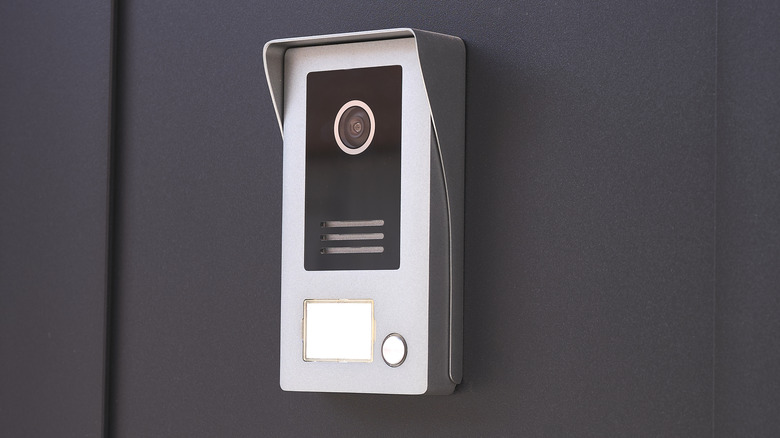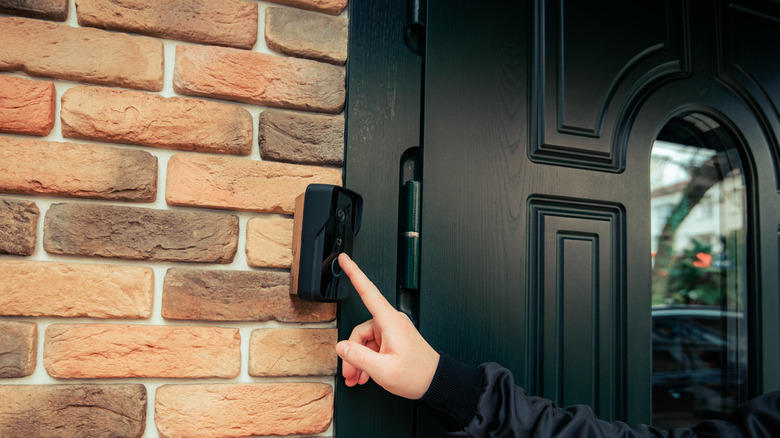Amazon's New Ring Pilot Adds Real-Time Alerts From Local Government Agencies
Since 2018, Ring doorbell and home security users have been able to share information about package theft, car break-ins, lost pets, and local emergencies on the Neighbors app. In its almost five years of operation, the app has served as a communications platform for residents only, but effective today, November 15, local government agencies will be joining the neighborhood chatter.
According to a blog posted by Ring, this is a pilot program that select governmental entities throughout the United States will participate in. The brand, which is owned by Amazon, says that the agencies will be able to share real-time information about local utilities (like power outages and water main breaks), road closures, emergency preparedness, and even food security assistance. Ring says that all government participants will be verified, have transparent profiles, activity, and posts, and will not be able to post requests for assistance. The pilot program participants are Pinellas County, Florida; the City of North Port, Florida; and the City of Fulton, New York.
Ring's collaboration with government agencies may further agitate long-standing concerns regarding the home security company's policies for police partnership. In 2019, an Amazon executive said that the tech giant believes that every Ring doorbell or system ensures that "crime is reduced" in the neighborhood (via CNET).
Memory of Ring's police-related policies hasn't faded
As of July 2022, Amazon's Ring has granted 2,161 police departments access to the Neighbors app — and the comments, footage, and posts that residents put on it — and allows law enforcement to create alerts and request footage, per Politico. Another Amazon executive said that, although it does not require user consent when it hands footage over to a department with a warrant, it only does so after a "good-faith determination" has been made that a serious crime involving death or injury has occurred.
No such determination is needed for Ring to comply with an informal request from one of its partnered police departments, wherein the department may ask for a certain timeline of footage from every single Ring user in a given neighborhood. In response to the request, Ring will ask every impacted user for the footage via Neighbors. Neighbors users can opt out of requests from the police — or deny them — but that becomes null in the case of a warrant, says Tech Crunch.
Amazon says it has made over 100 changes to the Ring network to address privacy and civil rights concerns. According to Consumer Reports, those changes include no longer donating to police-related agencies, ceasing participation in sting operations, not collaborating with federal law enforcement or immigration departments, and no longer claiming that Ring plays a role in crime reduction until that can be verified by independent researchers.

